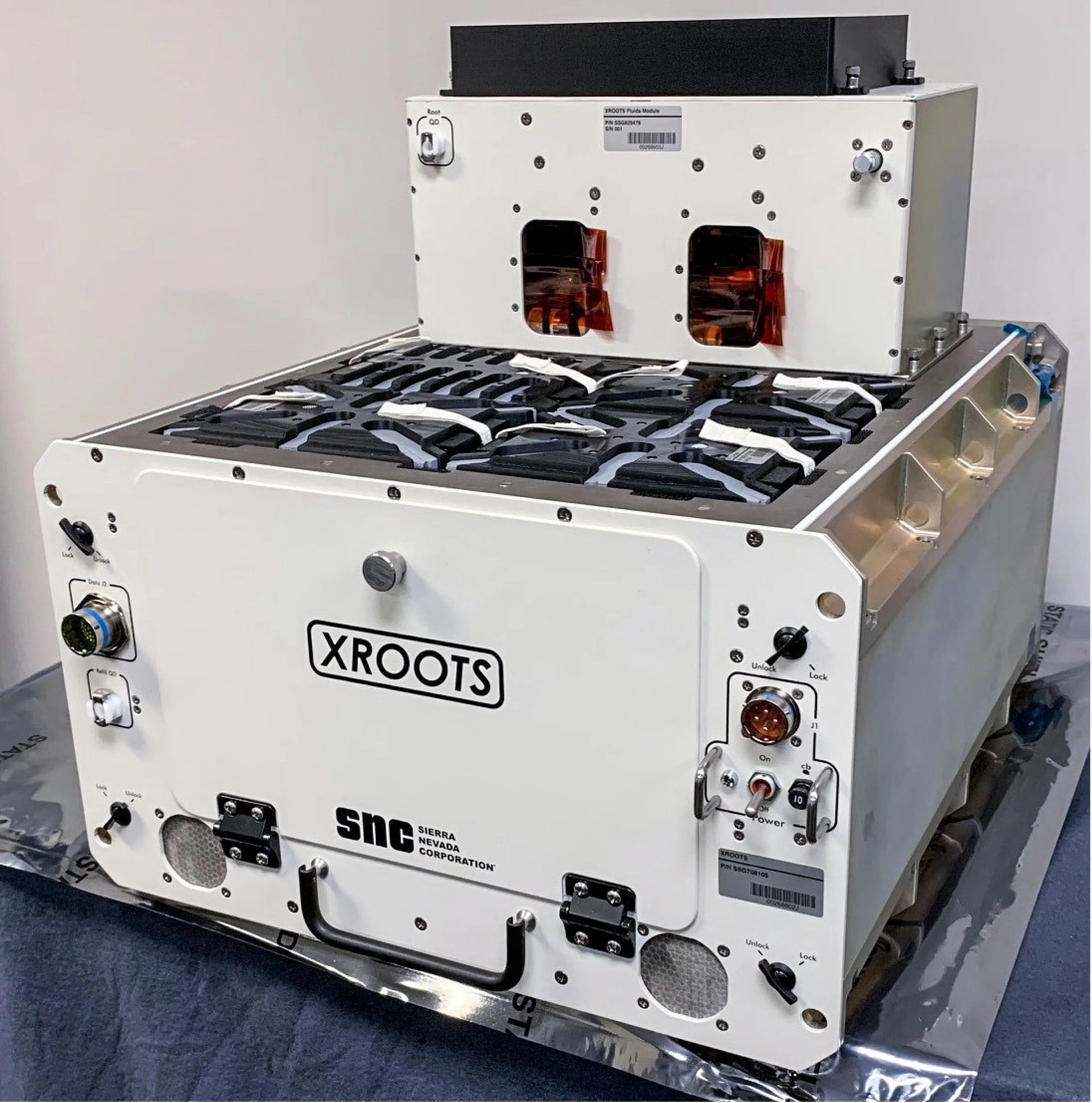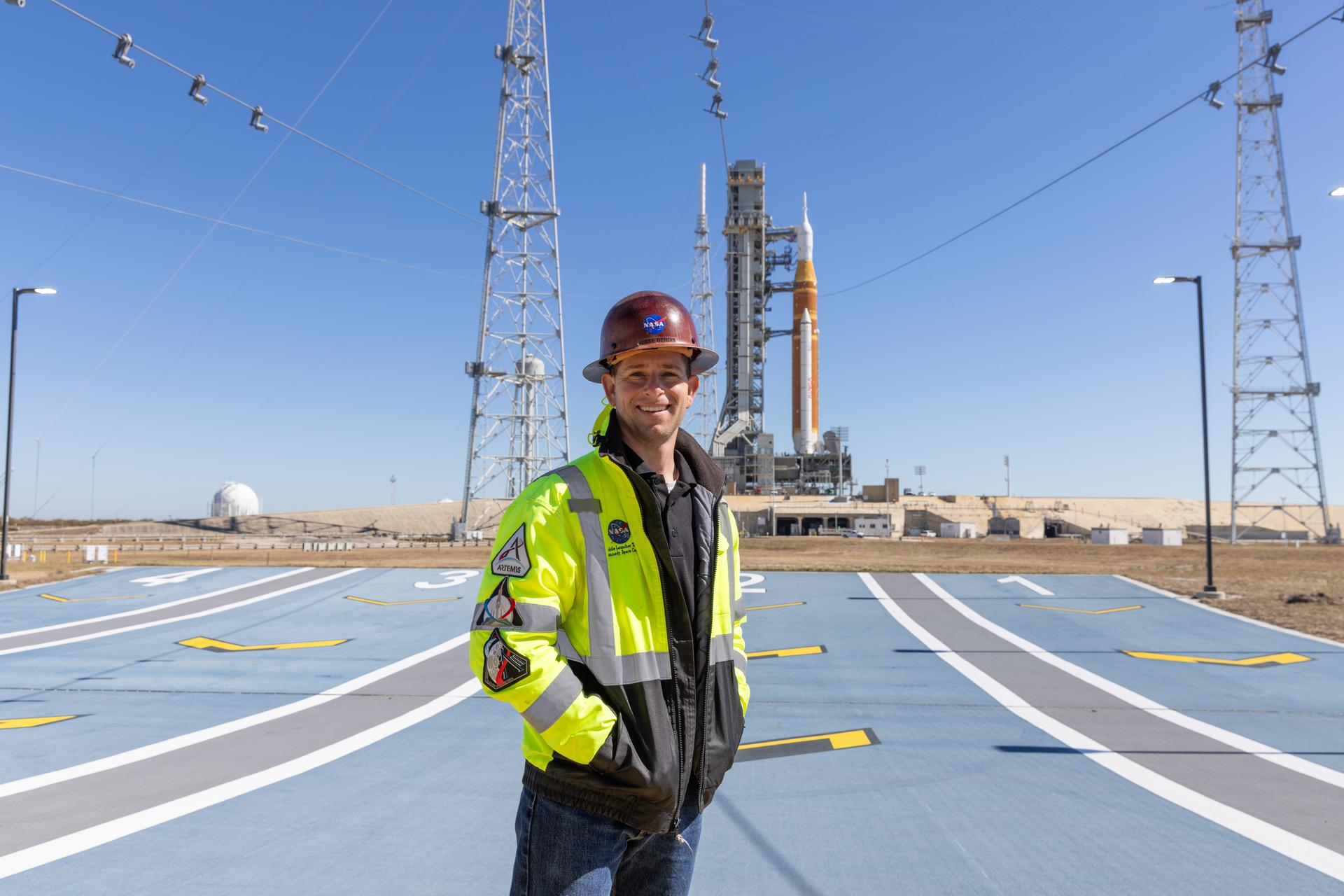eXposed Root On-Orbit Test System (XROOTS) Tech Demo
Science Objectives
The eXposed Root On-Orbit Test System (XROOTS) investigation uses hydroponic and aeroponic techniques to grow plants without soil or other growth media. Video and still images enable evaluation of multiple independent growth chambers for the entire plant life cycle from seed germination through maturity. Results could identify suitable methods to produce crops on a larger scale for future space missions.
Status
Delivery to the International Space Station via Northrop Grumman Commercial Resupply Services Mission 17

Experiment Description
The eXposed Root On-Orbit Test System (XROOTS) is a Technology Demonstration integrated with the Veggie hardware currently aboard the International Space Station (ISS). The XROOTS investigation grows plants in the microgravity environment of the ISS and evaluates nutrient delivery and recovery techniques such as aeroponics over the course of a full plant growth cycle, from germination to maturity. Multiple independent growth chambers are used in parallel to evaluate alternative methods and configurations.
XROOTS allows for root zone and crop observation through video and still images, and short periods of crew observations. The existing baseplate in the Veggie unit is replaced with the XROOTS enclosure, and a custom bellows replaces the standard Veggie bellows. As a middeck locker equivalent (MLE) sized payload, XROOTS is mounted to the EXPRESS Rack below the Veggie lighting module. XROOTS uses power and data feeds from the EXPRESS rack as well as thermal conditioning.
Space Applications
Current space-based plant systems are small and use particulate media-based water and nutrient delivery systems. These systems do not scale well in a space environment due to mass, containment, maintenance, and sanitation issues. Hydroponic and aeroponic techniques could provide a vital alternative for plant systems of sufficient size to contribute to future space exploration.
Earth Applications
Growth system components developed for this investigation could enhance cultivation of plants in terrestrial settings such as greenhouses, contributing to better food security for people on Earth.






























